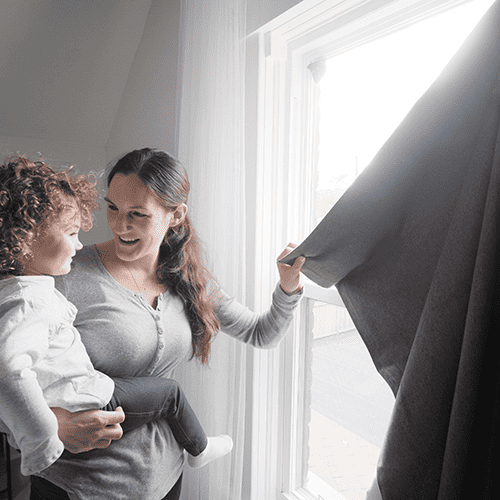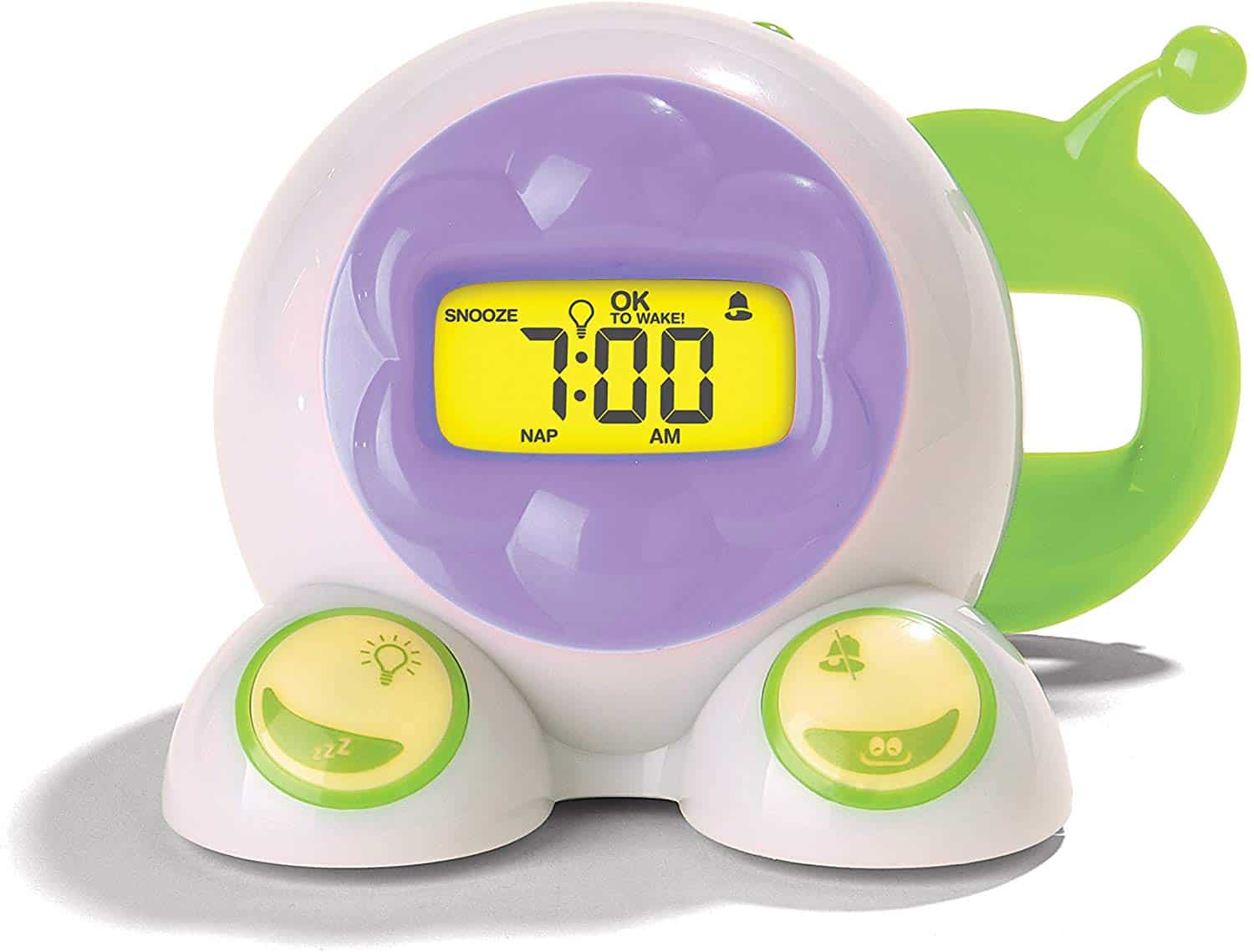Does your child wake up at a time that hurts your feelings? Let’s go over a quick list of early morning culprits:
Note that I would consider “early” mornings before 6am.
Check your space
- Sleep in the wee hours of the morning is lighter and easier to be pulled from.
- Is the room as dark as possible (consider street lighting outside of the window, daylight sneaking in, etc.
- Is there white noise/fan to block out neighbourhood and household noises?
- Is your child wearing overnight diapers? Consider going up a size if they are still soaking through.
- Less is more. If your toddler is struggling with going down easily for sleep, try removing the clutter from their bed. Instead, choose 1-2 safe items that they love. For some children, too many items creates a stimulating environment.
Check their motivation
- If your child is met with instant gratification, they could be waking earlier looking for that. For example, pulled into a warm bed with a parent, fed instantly, given a tablet, etc.
- When waking in the morning, take baby out of the room and bring into your living room/kitchen to start the day. Try delaying the morning feeding by taking your time getting baby dressed, etc. – just a few minutes can be helpful
Check other factors
- If over 18-months, is the child drinking milk/dairy drinks before bed? This is known to cause night wakings/early morning wakings.
- Switch to water and limit dairy to be finished by dinner time
- Avoid screen-time before bed (60-90 minutes) as that can cause night wakings/more disturbed sleep
Check your timing
- Ensure your little one is going to bed early enough. This may sound counterintuitive, but it’s true! If your child is overtired, it can lead to more restless sleep/early morning wakings.
- Sticking to a minimum wake-up time is very helpful. For example, if your little one wants to start the day at 5:15am but you know that they’ll be tired again in an hour – don’t allow them to wake up. Use the same strategies you were using when teaching them to sleep initially. Comfort them every few minutes as they protest – but ensure they do fall back asleep. Even if they only fall back asleep for a few minutes, it helps to send the message that it’s not morning time.
If you have addressed all of the above possibilities, it may be a good idea to shift bedtime a little bit. Only do this by 10-15 minutes for a couple of days, then another 10-15 minutes a few days later, and so on. Bedtime should always be somewhere between 6 and 8pm.
Better Bedtime's Go-To Products to Help With Sleep
The Sleepout® Curtain
The patented, portable blackout curtain that completely darkens a room and installs anywhere for better sleep. Get 10% off today!
Nested Bean Sleep Sack
The lightly weighted & adjustable Zen Sack from Nested Bean allows your baby to feel like they are sleeping in your arms. Your reassuring touch can signal comfort, security and love to your baby.
Onaroo OK to Wake Alarm Clock
The “OK to Wake!” green light is a simple, easy-to-understand, visual indicator that informs your toddler when it’s time to come visit mom and dad.

Bridget Jensen is a graduate of Wilfrid Laurier University, Conestoga College and is the Canadian Director of the Association of Professional Sleep Consultants. Bridget’s calm and supportive demeanor are beneficial while working with families, individuals and workplaces all over Canada and beyond. She is dedicated to helping people get the rest they need, so they can feel at their best during the day. She is founder of Better Bedtime, a full-service sleep consultancy based in Waterloo Region. Services range from one-on-one programs for infants, children and adults to sleep sessions for the workplace.



